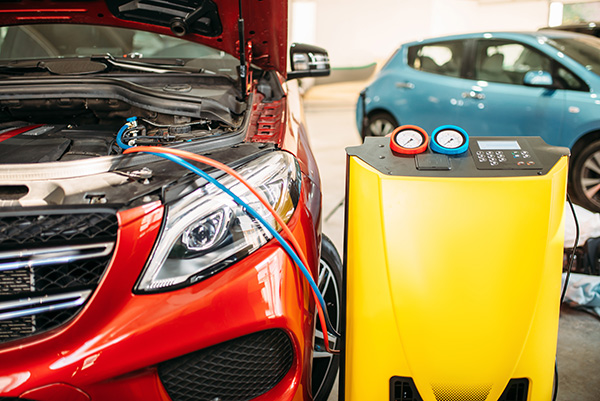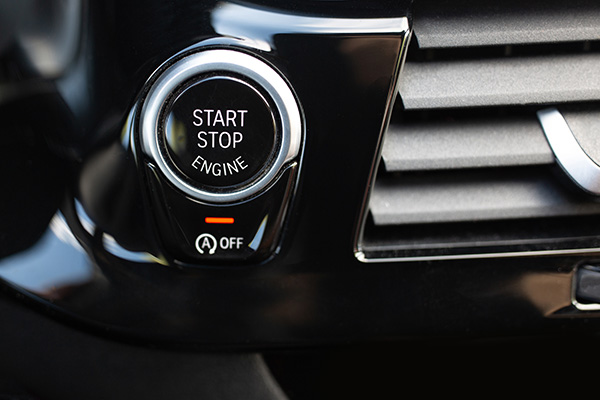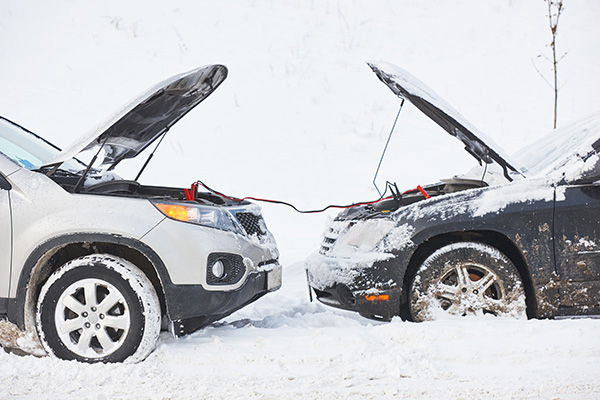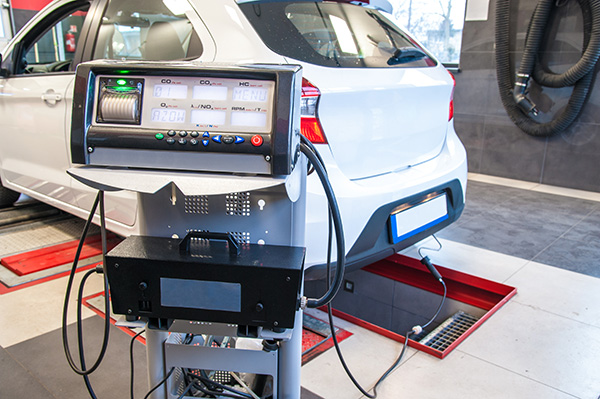Posted on 12/19/2025

Few things are more frustrating than turning on your A/C and getting warm or weak air on a hot day. When that happens, the big question becomes: can you handle it yourself, or is it time to let a technician dig in? Some small A/C tasks are reasonable for a handy driver, but other jobs can get expensive or even dangerous if they are guessed at. Why A/C Problems Deserve a Little Respect Your A/C system is more than a simple fan with cold air behind it. It runs under high pressure, relies on specific refrigerant amounts, and uses sensors and electronics to keep everything in balance. When something is off, the system might still cool a little, but internal parts can already be under extra strain. That is why treating every A/C issue like a quick “top off and go” can backfire. Misdiagnosed problems often lead to repeated failures, wasted money on parts, and, in the worst cases, damage to the compressor and other major components. Easy Checks Most Dr ... read more
Posted on 11/28/2025

A steady vibration at 55 to 75 mph can turn a normal drive into a tiring one. Highway shake usually traces back to wheels, tires, or rotating parts that are slightly out of spec. Finding the real cause early protects suspension parts, keeps braking smooth, and saves tread life. What “Highway Shake” Usually Feels Like Most drivers notice a buzz in the steering wheel, a hum through the seat, or a mirror that blurs at certain speeds. If it appears only while braking, the issue is usually rotor-related. If it happens at a constant cruise with no brake input, think wheels, tires, or a rotating driveline part. A shake that worsens on curves can also hint at a wheel bearing. The Most Common Problems Wheel balance slightly off: Missing or shifted weights make the wheel hop at speed. Tire problems: Cupping from worn shocks, a slipped belt, or an out-of-round casing will thump or drone. Bent or cracked wheel: Even a small flat spot from a poth ... read more
Posted on 10/31/2025

You turn the key, the engine catches for a second, then quits. It feels random, yet there is always a reason. Cold mornings, short trips, and small faults in air, fuel, or spark can all cause a stall right after startup. The good news is that these problems leave clues. With a few focused checks, you can stop the stalls before they turn into a tow. What “Starts Then Stalls” Usually Points To Engines need the right mix of air, fuel, and spark, along with a stable idle strategy. A stall in the first five seconds often means the engine did not get enough air past the throttle plate, did not hold fuel pressure, or lost sensor input the computer depends on. Modern engines will try to catch themselves, so a stumble followed by a quit is common. Repeated failures may trigger a light, but even without a light the computer usually stores helpful data. Airflow Problems: Throttle Body, IAC, and Vacuum Leaks A dirty throttle body can stick the thro ... read more
Posted on 9/26/2025

If your car has ever refused to start on a freezing morning, the battery is likely to blame. Batteries often work fine during warmer months but struggle when the temperature drops. Cold weather doesn’t just slow your morning routine; it changes how your battery behaves and reduces how much power it can deliver. Many drivers are caught off guard by this issue every winter. A battery that seemed reliable in the fall may suddenly act up after a few frosty nights. The cold reveals any hidden weaknesses and accelerates failure in batteries that are already on their way out. How Cold Temperatures Affect Battery Power Car batteries rely on chemical reactions to generate electricity. As temperatures fall, those reactions slow down. When it’s 32°F, a typical battery may lose about 20 percent of its power. At 0°F, the loss can approach 50 percent. This drop in performance is made worse by thicker engine oil. Cold oil creates extra resistance, which makes ... read more
Posted on 8/29/2025

It can be frustrating to have your car fail a smog or emissions test even though it seems to run perfectly well. You start the engine, it idles smoothly, accelerates without hesitation, and doesn’t show any obvious problems, yet the results say otherwise. Smog checks not only assess how well your car drives, but also evaluate how cleanly it operates. That means a hidden issue with the emissions system can cause failure long before you notice any difference in performance. How Emissions Tests Work Modern vehicles are designed to burn fuel as completely and efficiently as possible. Smog tests check the level of pollutants that come out of the exhaust pipe. These include carbon monoxide, nitrogen oxides, and hydrocarbons. Even if your car drives normally, sensors, filters, and engine management systems could be malfunctioning in ways that increase these emissions. That’s why the test can uncover issues invisible during everyday driving. Common Reaso ... read more